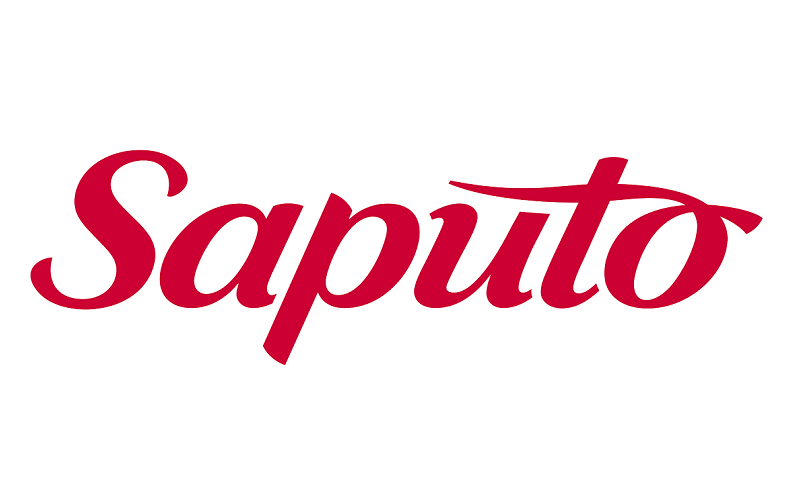King Island Dairy Closure Leaves Young Locals Facing Uncertain Future
The planned closure of King Island Dairy, a cornerstone of the island’s economy, has left residents questioning the future of their community. Known for its pristine environment, cheese production, and tourism, King Island—located off Tasmania’s northwest coast—now faces challenges that threaten its viability.

Local cheese maker Rowan Cooke expressed dismay at the news of the dairy’s closure. “The King Island Dairy is the economic backbone of the island. No one wants to see the factory close—it’s such a big part of King Island’s identity,” he said.
The dairy, which has operated for over 120 years, employs 60 people and supplies its products to supermarkets nationwide. However, its multinational owner, Saputo, announced in September that it had failed to find a buyer for the dairy and would shut it down by 2025.
Ripple Effects on the Community
For young residents, the closure represents more than just the loss of jobs. It raises existential questions about staying on the island.
“One reason why young people come to the island is work,” Cooke noted. “Sure, we’ve got surfing and the lifestyle, but we need an economic backbone to support it.”
The dairy’s closure compounds other challenges for the community, including a severe drought and economic uncertainty stemming fr om a local mine’s recent trading halt.
Kobi Bell, a 22-year-old local, said the situation has caused many young people to consider leaving. “There’s a stigma that staying on the island means your education and opportunities won’t progress,” he said. “But I think that mindset is wrong—there’s plenty of potential here.”
Opportunities Amid Adversity
Despite the setbacks, Bell believes the island can rebound. “There’s so much opportunity here—it just takes the right person to see it and act,” he said, adding that showcasing the island’s assets and fostering new industries could provide a path forward.
The closure of King Island Dairy is emblematic of broader struggles in regional Australia, wh ere shrinking towns often grapple with the loss of major employers. Dr. Elin Charles-Edwards, a human geography expert at the University of Queensland, noted that declining access to education and work can drive young people away, creating a cycle of economic and social challenges.
“The demise of a town can have a huge emotional toll on its residents,” she said.
Charting a Future
Cooke remains hopeful that King Island can pivot to new opportunities. “The island needs to offer more than just surfing and beautiful beaches,” he said. “We have to think about what industries and opportunities we can develop to keep young people here.”
For Bell, the potential for growth is clear. “There’s so much on this island—it’s just a matter of changing perceptions and unlocking that potential,” he said.
As King Island faces its future, the resilience and ingenuity of its community will be key to navigating the challenges ahead.
The dairy, which has operated for over 120 years, employs 60 people and supplies its products to supermarkets nationwide. However, its multinational owner, Saputo, announced in September that it had failed to find a buyer for the dairy and would shut it down by 2025.
Ripple Effects on the Community
For young residents, the closure represents more than just the loss of jobs. It raises existential questions about staying on the island.
“One reason why young people come to the island is work,” Cooke noted. “Sure, we’ve got surfing and the lifestyle, but we need an economic backbone to support it.”
The dairy’s closure compounds other challenges for the community, including a severe drought and economic uncertainty stemming fr om a local mine’s recent trading halt.
Kobi Bell, a 22-year-old local, said the situation has caused many young people to consider leaving. “There’s a stigma that staying on the island means your education and opportunities won’t progress,” he said. “But I think that mindset is wrong—there’s plenty of potential here.”
Opportunities Amid Adversity
Despite the setbacks, Bell believes the island can rebound. “There’s so much opportunity here—it just takes the right person to see it and act,” he said, adding that showcasing the island’s assets and fostering new industries could provide a path forward.
The closure of King Island Dairy is emblematic of broader struggles in regional Australia, wh ere shrinking towns often grapple with the loss of major employers. Dr. Elin Charles-Edwards, a human geography expert at the University of Queensland, noted that declining access to education and work can drive young people away, creating a cycle of economic and social challenges.
“The demise of a town can have a huge emotional toll on its residents,” she said.
Charting a Future
Cooke remains hopeful that King Island can pivot to new opportunities. “The island needs to offer more than just surfing and beautiful beaches,” he said. “We have to think about what industries and opportunities we can develop to keep young people here.”
For Bell, the potential for growth is clear. “There’s so much on this island—it’s just a matter of changing perceptions and unlocking that potential,” he said.
As King Island faces its future, the resilience and ingenuity of its community will be key to navigating the challenges ahead.








